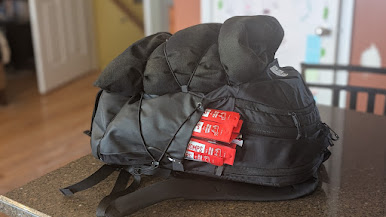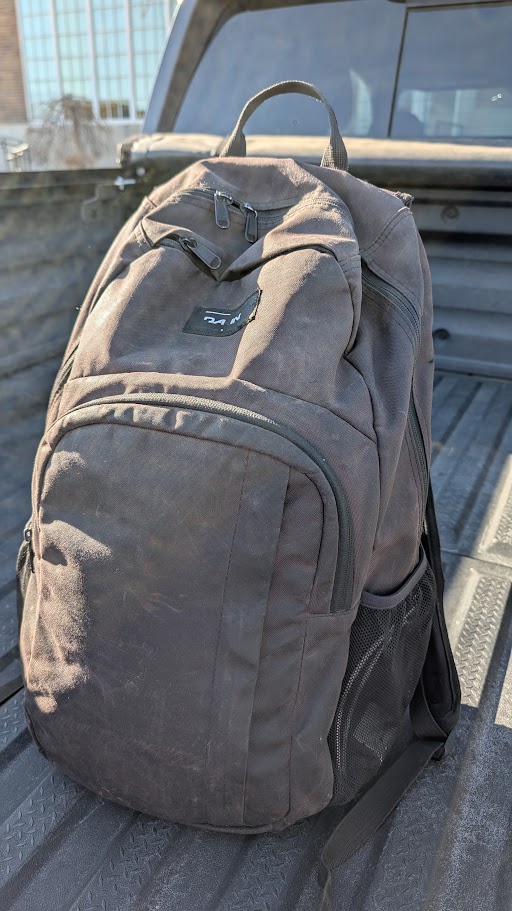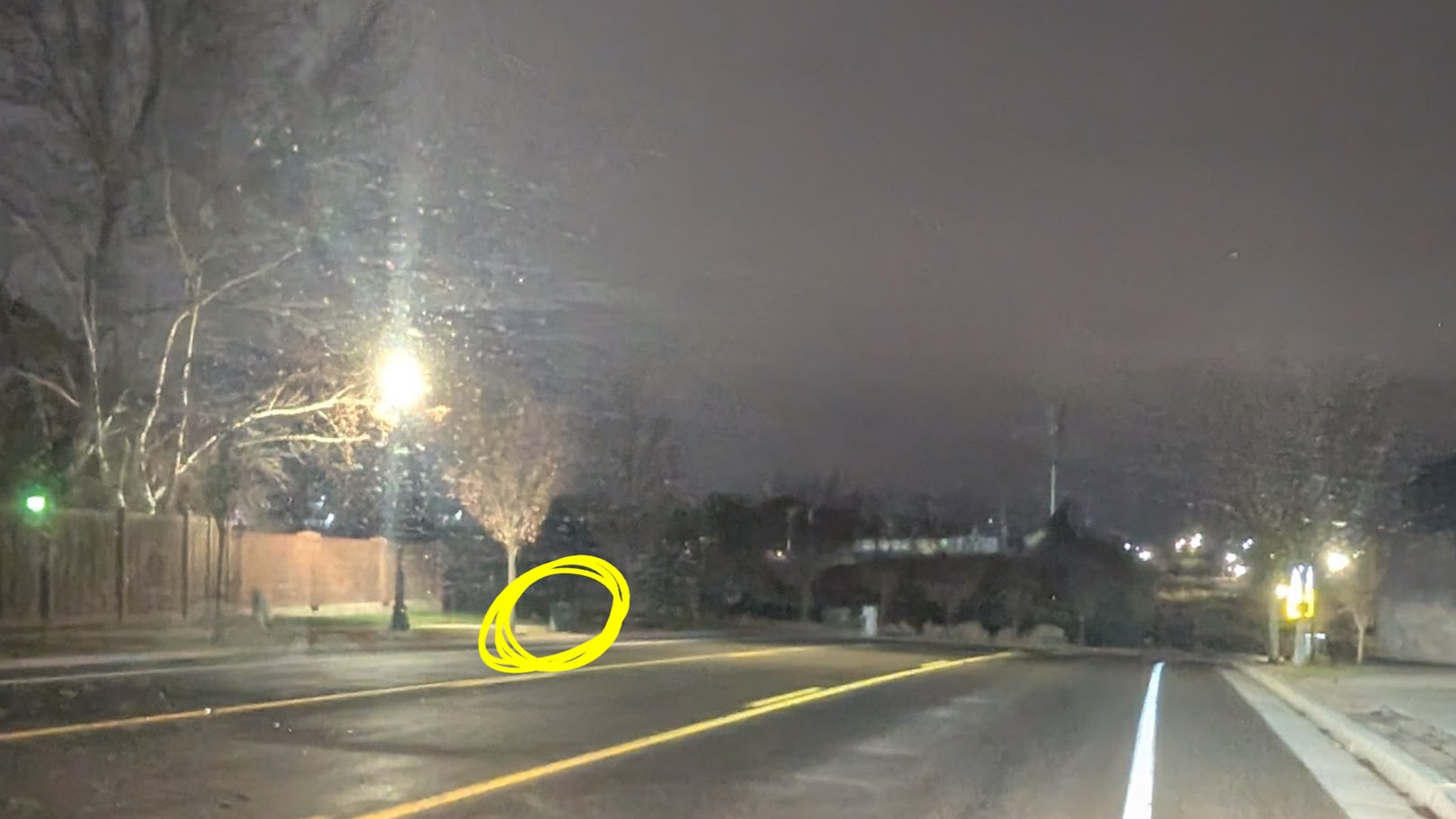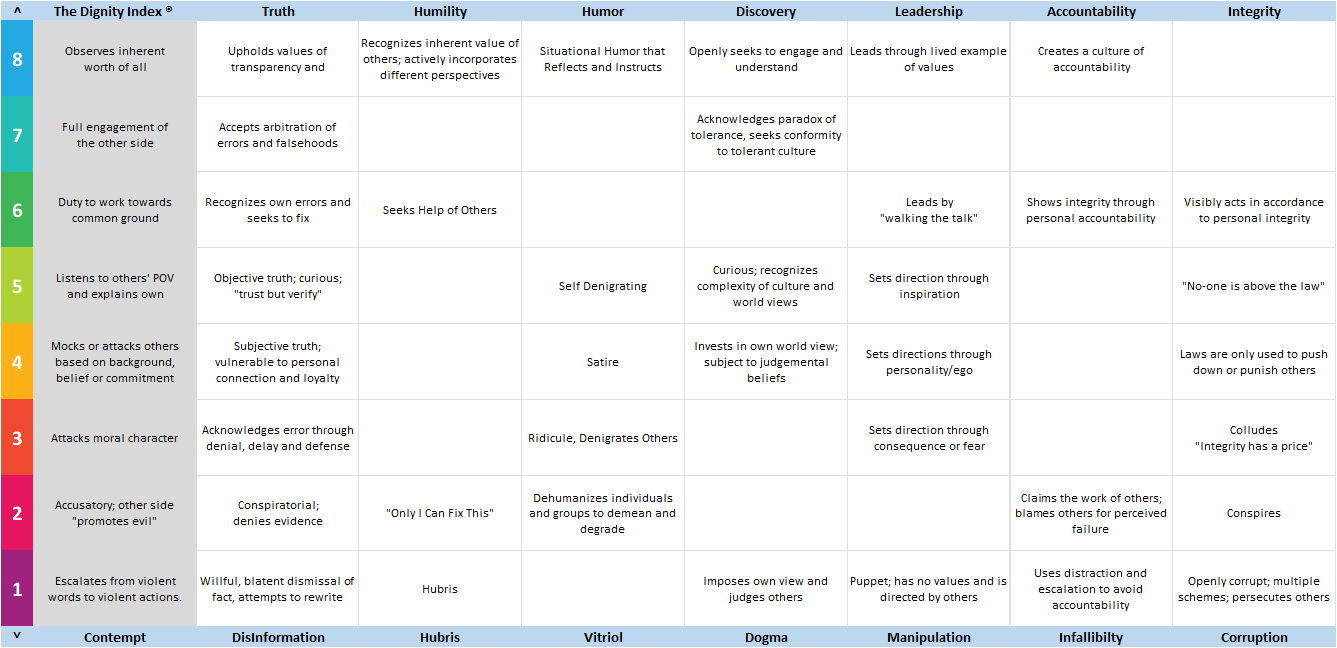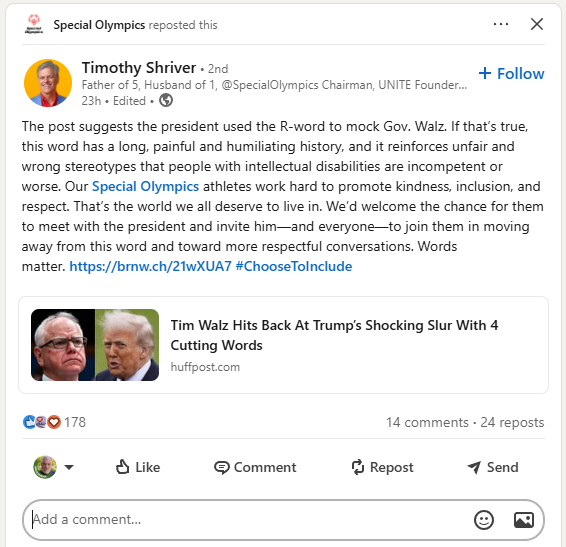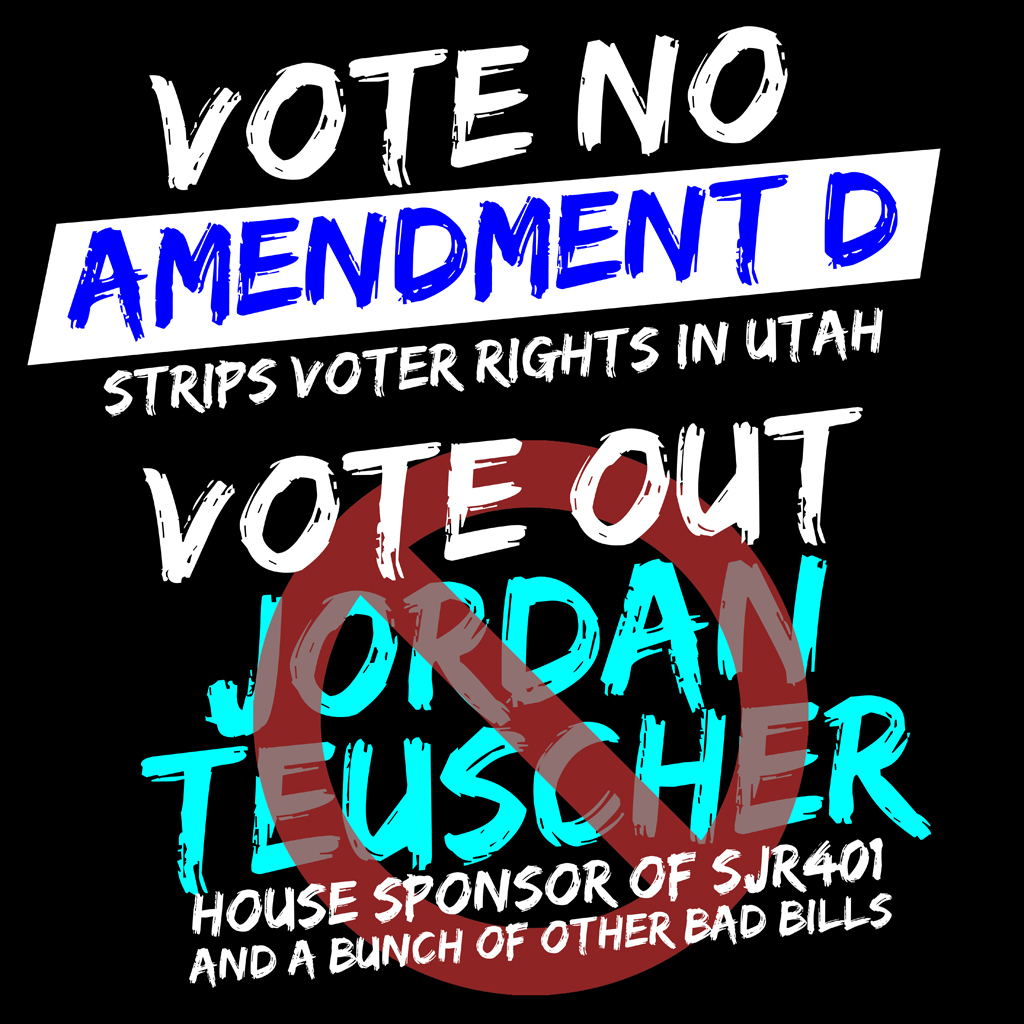I think the most prescient topics to address in 2026 all deal with digging ourselves out of the mire of the first year of a Trump administration, defending ourselves from another 3 years, and ensuring that our political processes are intact for a fair 2028 federal election cycle.
There is a quote: “The arc of the moral universe is long, but it bends toward justice” – by 19th century abolitionist and Unitarian minister Theodore Parker. I’m not the religious sort but I pray this is true, because I’m concerned that it isn’t.
The Trump Administration
There are just so many bad things here, and it’s not just a Trump sighting in the Whitehouse. The long game of the conservative right is in view, and they act like there is nothing we can do about. 2026 must be our reckoning through mid-term elections. 2028 is far enough away that it will not matter if we do not win seats this year.
The absolute ugliness of 2025 is remarkable. Internally we are divided. What made America great – our diversity, our people, our freedom – is dead. Externally our (then) friends are our (now) enemies, and our (then) enemies puppet our leader by taking advantage of his hubris.
We have some of the most inept, deceitful and profiteering people at the helm of critical government structures, and we’re watching them tear apart those institutions. We literally have Trump tearing down the Whitehouse while he tears down our economy, while he tears down our people, while he sends AI videos of himself pouring shit on US citizens.
There are WAY TOO MANY egregious violations by this administration but we can start by naming a few things:
- Health and Human Services, Medicare and Medicaid
- Education programs and funding
- Immigration policy
- US AID
- Labor, Equal Opportunity
- FCC, Public Media funding, and license allocations
- EPA
- National Park Service, BLM
- Federal Reserve, Dept of Treasury
I haven’t even mentioned the US as a good neighbor, or the US as a representative of global democracy. The ability of the Trump administration to turn the US on its heel to become an antagonist in global government is profound and of long-lasting negative consequence.
We are no longer a nation that can be trusted. Trump doesn’t care. His cohort are all thugs and monsters and sycophants. Americans need to be sick of his shit and shamed that it got this far.
The Impact of AI to Intellectual Identity, Environment, and Economy
The emergent threat of artificial intelligence cannot be overstated.
There is an AI-hype bubble designed to siphon money, land, water, power, and data (all things we should be incredibly reticent to give away), with the express intent of stealing intellectual property, surveilling citizens, and controlling narratives. AI has a unique capacity to algorithmically produce bias at scale. There are no regulations governing AI in the US, and even though the European Union has produced its EU AI Act: first regulation on artificial intelligence it does nothing to control what takes place in technology to the west of the Atlantic.
AI is being used to build rhetoric, create dissension through rage and misinformation, spew AI-generated deepfakes, and most importantly keep you engaged. AI is the “Soma” that Aldous Huxley describes in Brave New World; a drug to escape reality, ensure constant happiness (or constant rage), a means of self-validation, and effectively act as a tool for social control.
Regulations for Block-Chain and Crypto
Crypto is highly susceptible to fraud and abuse, and it’s appropriate to protect consumers with financial regulation in digital currency and digital payment platforms like Venmo, Paypal and Stripe. Entities that offer accounts with financial balances, linked institutions, transfer capability, debit or credit card type instruments or allow any form of account management in fiat OR cryptocurrency platforms should be regulated and insured in the same way that banks and credit unions are currently insured. Because crypto value is purely speculative, create floors and limits that will protect investors from
Controlling Rabid Reaganomics
Trickle-down economics is a fantasy, and one that built on the lie that deregulation and lower taxes for the wealthy would result in investment and economic growth. Reality shows that the wealthy simply consolidate their wealth and move to control the levers of power (policy, media, and monopolization).
The odd thing we keep hearing is how government would be more effective if it were run like a business; but the purpose of government is to better the lives of its citizens while the purpose of business is to seek profits for its owners. These entities are diametrically opposite of one another, and there is no business model that would administer both. You can be fiscally responsible and a humanitarian, or you can run a business. It’s an either/or situation.
In short, there is no philanthropy in capitalism.
Re-Balancing Ethics and Power
There is a willful disregard by elected officials to not fend our republic from oligarchy. Holding officials accountable to their actions, enforcing or calling-to-reign the authorities of the executive, legislative, and judicial branches, and supporting the independent authority of organizations empowered with investigative, health and regulatory commissions is a minimum requirement of any office holder. We are sorely lacking in both backbone and integrity for this to happen, and the obvious response should be to vote them out. We need candidates who will compete in races, that will stand up for what it right (not what is convenient, or what is profitable to them personally) and represent the Constitution of the United States they took an oath to defend. That document is going on 239 years in the making – here’s the reminder that “freedom isn’t free”.
The sheer grift in politics has to be curbed at the same time.
- This means ending Citizens United. End corporate money. End dark money. End PACs and PICs without traceable sources. Impose sever limits on corporate lobbyists.
- This means governance and rules on financial instruments that currently have no regulation (and I’m primarily speaking of crypto, but includes membership in distributed autonomous organizations (DAO) that use block-chain to obfuscate its members).
- This means ending trading and investments of elected officials, their families and entities during a candidacy, tenure and following exit from public office.
- This means full divestiture of any conflicts of interest, whether noted or “found”.
- This means imposed limits on any form of gift or exchange to a public official or their family members
- and this means the authority to prosecute and convict individuals who are found in violation of any of these breaches of policy.
Campaign financing needs reform as well.
Cap campaign spending. Limit sources of contributions, and establish standard limits for campaign contributions. Allocate a public square to level the playing field for candidates within a campaign. Stop commercial ads on television, radio, streaming media, and social platforms.
Tax, Tax, Tax the Rich
We’re watching the ultra-wealthy influence our administration through bribes and flattery to gain controls in data, media, and investments.
Implement a flat tax for the ultra wealthy, simple as that. Instead of using their money for influence peddling, let them pay taxes.
Defend, Defend, Defend Voter Representation and Rights
There are fraudulent schemes across states and nationally to strip voter rights away through gerrymandering, constitutional changes at the state level, willful misinformation by conservative parties, and by sowing distrust in reliable voting systems, including vote-by-mail and the voter ID system. One of the greatest threats to our system is allowing one party to usurp the power of voters by articulating the boundaries of voter pools and strip voters of their constitutional rights to vote for their elected officials. We need to fight like hell to make sure that our inherent citizen rights are not lost to a group that would otherwise manipulate and control its constituency for its own advantage.

